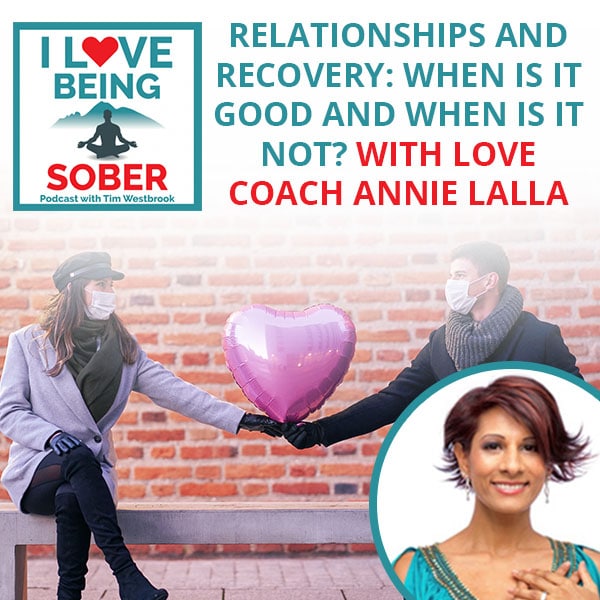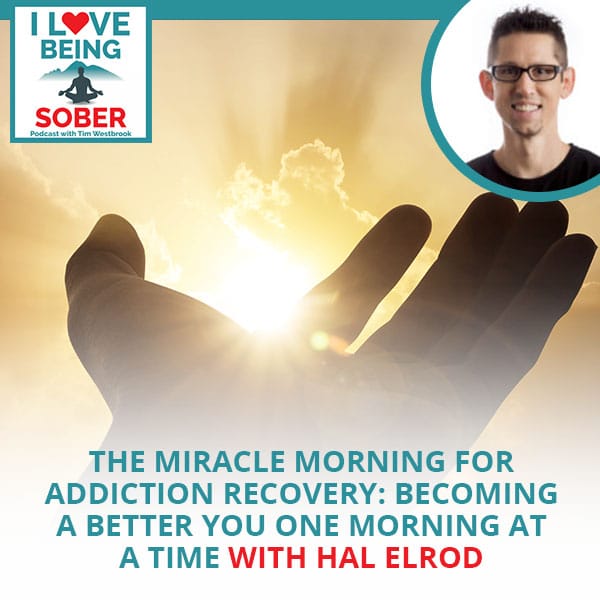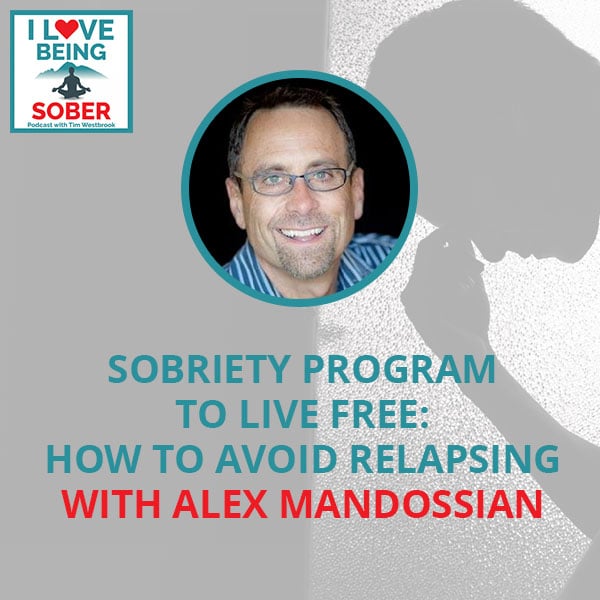Aaron Huey discusses what it takes for parents to raise a healthy child and the root cause of a lot of the dysfunction we see in our children’s modern lives. Learn how epigenetic trauma is impacting your child’s life, why freedom and privacy are…
—
Aaron Huey discusses what it takes for parents to raise a healthy child and the root cause of a lot of the dysfunction we see in our children’s modern lives. Learn how epigenetic trauma is impacting your child’s life, why freedom and privacy are actually making their problems worse, and why treatment is pointless if the whole family isn’t committed to the recovery process.
- Aaron Huey is an internationally known lecturer on archetypal imagery, body language, and martial arts as well as the Founder and President of Fire Mountain Programs.
- Aaron grew up in a small town in Colorado with two hard-working parents. During his childhood, Aaron had spent a very small amount of time with his biological father, and despite having an excellent stepfather, Aaron still went down a risky path.
- Having a surrogate dad that was amazing didn’t change the wound underneath it all.
- Partaking in drugs and alcohol was mainly experimental until Aaron went into acting school and was sexually assaulted by his roommate. After that experience Aaron found himself pursuing drugs and alcohol more aggressively in an effort to simply feel happy again.
- Because there is so much that teenagers can hide from their parents, they need to be extra attentive to any sort of trauma that could result in maladaptive coping strategies. Trauma is the gateway. If something is going to cause pain on a daily basis and the child is not provided with a healthy coping strategy they will come up with a maladaptive strategy.
- The bottom line truth is that when Aaron was sober he was sad and when he was high he was happy. As he moved into his 20’s it simply became the way he lived his life.
- Abandonment, Abuse, and Assault are the foundations for Trauma with a capital T. Trauma can be epigenetic as well, studies are showing that family trauma can be passed down for 12 generations.
- There are different layers of trauma and not all kids will be affected by traumatic events the same way.
- There is a level of privacy that we afford our kids that is detrimental to our relationships. The third most popular page on the Fire Mountain website is How to Search Your Kids Room.
- Parents should control the password to their kids’ phones and be more involved in their children’s lives. Parents need to intervene often and early. Do not wait until something is drastically wrong before taking action and looking into what’s happening.
- We need to play the long game as parents and be willing to have conflict with our children early on. Freedom is important, but not for children. Children need a safe controlled environment where the parents know what’s going on.
- Parenting is a long term investment.
- Lying, sneaking, cheating, stealing, and breaking the law are the five big actions that you need to look out for. If the child can avoid those things, you can allow more kinds of freedom in their life. If one of those actions is present, there is almost certainly an underlying issue that needs to be addressed immediately.
- Kids aren’t making bad choices, they are making the choices that get their needs met. The key to the recovery process is showing people how to get their needs met in a healthy way.
- Smoking and drinking and drug abuse aren’t the problem, they’re the solution to the problem.
- Aaron tells the story of how he left California and moved to Colorado, how his first wife left him while he worked a renaissance festival as security, and his experience hitting rock bottom.
- A year and a half into recovery is where the real work began for Aaron and now he’s more than happy to be sober and clean and living a healthy connected life with his kids and new relationships.
- Aaron’s parents didn’t get to see the levels of how he was hurting himself, but they did get to see the healing process.
- Guilt and shame are the twin pillars that hold up the roof of shame.
- Aaron doesn’t recommend that children under the age of 18 go to a 12 step meeting because they don’t have the developmental tools to benefit from it. Children require a different approach.
- After an adolescent treatment, the family needs to go into 12 step meetings together. The biggest missing component in a children’s recovery is family recovery. There is no bad child, just broken systems.
- There is no trauma that a child can go through that hasn’t affected the entire family. If the system stays broken, the child will return to a broken state. You can expect a child to fix a family issue.
- As a parent, if you haven’t done the work on yourself when your child comes back speaking the language of recovery, you are going to pull them back into sickness.
- If you’re not taking care of your relationships and your support system, you’re going to have issues helping your child with their problems. The whole family needs to get into recovery.
- What do you need to do to refill your empty cup as a parent so that you can support your child?
- Nothing happens well without self-care. You can’t do the right thing if you haven’t taken care of yourself.
- Your adult relationships need to be tended to. Who else knows what’s going on in your life?





